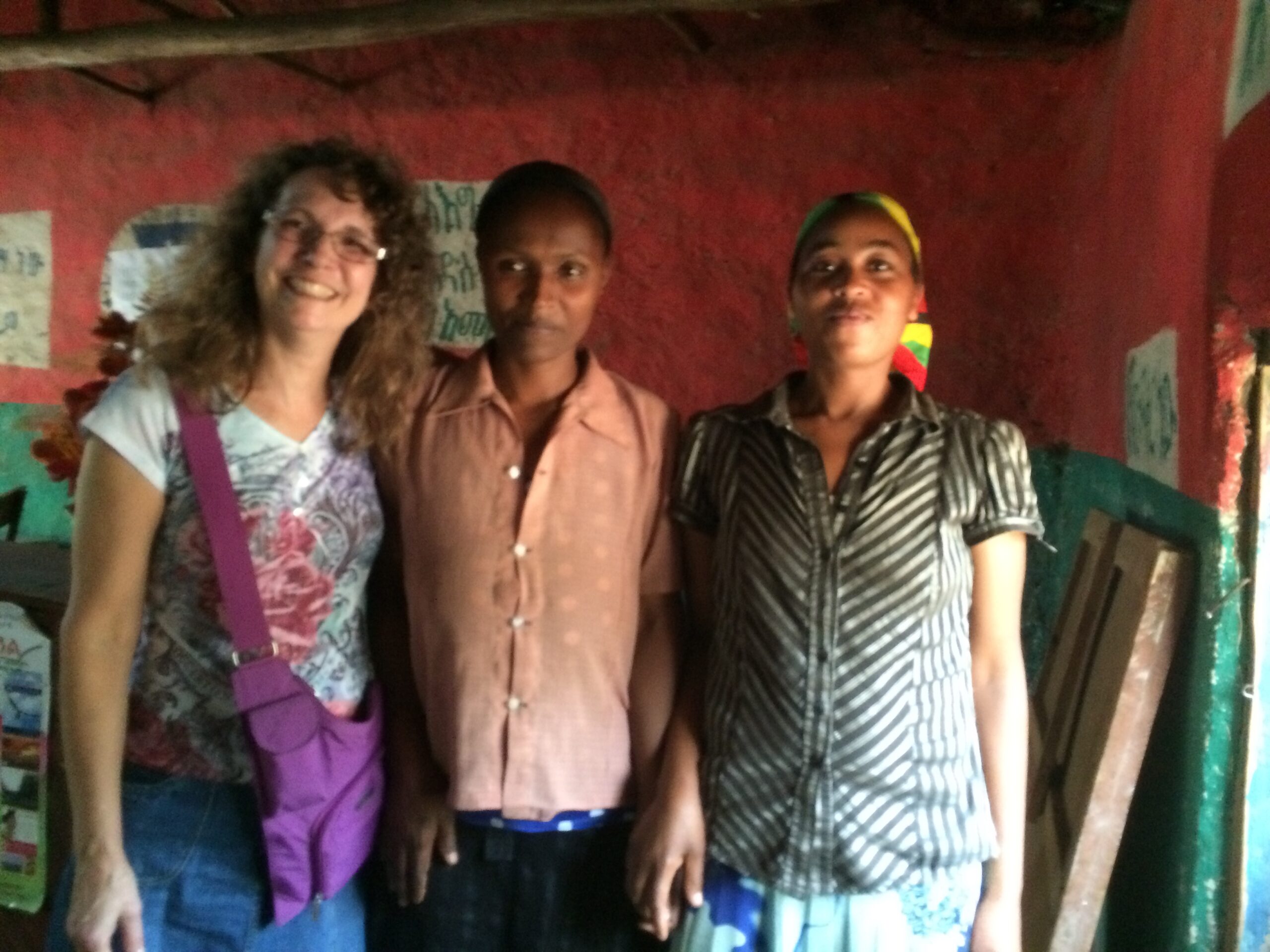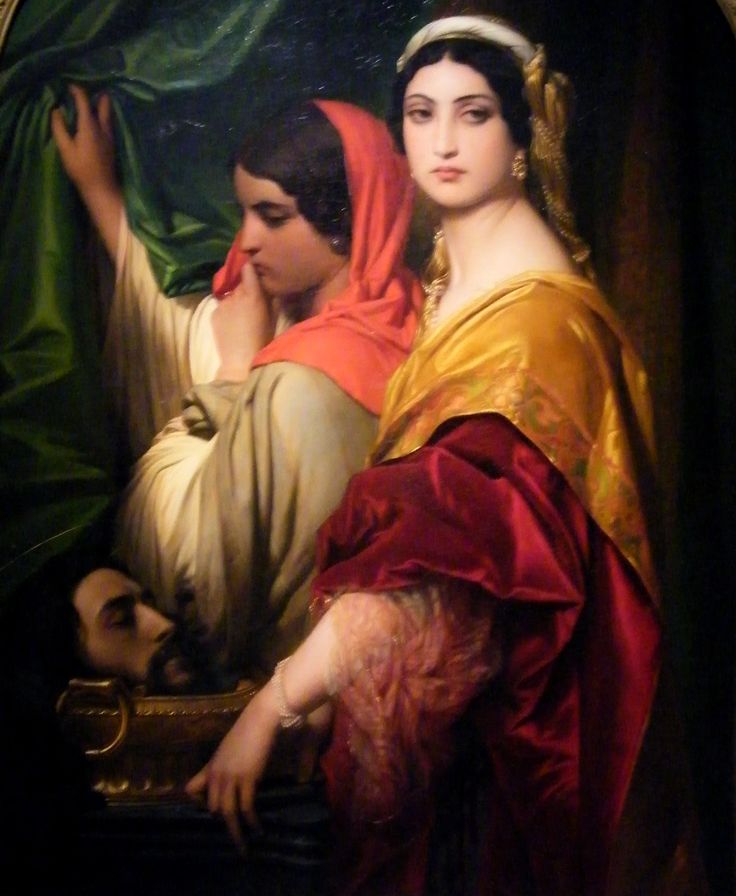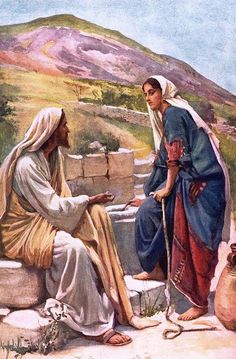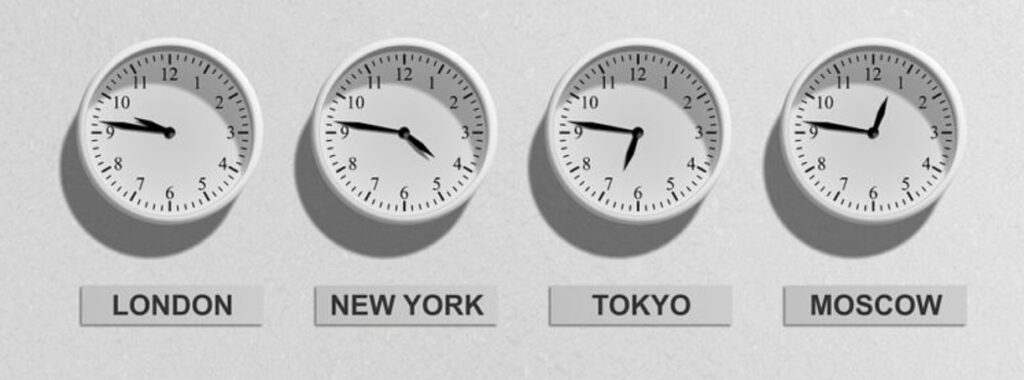How Improving Our Cultural Intelligence Quotient Makes Us Better Disciple-Makers

Sisters in God’s Family
Culture matters. We interpret life through a cultural lens. As a result, we can misinterpret essential things. For years my husband told me I was rude because when I’d call him or he’d call me and I failed to live up to his cultural expectation of a personal greeting. Having grown up in a farming community, he’s a warm culture guy. Relationship is king!
But I’m a cold culture woman, raised by a Mainiac (my mom was born and raised in Maine) who gets straight to business. Not wasting people’s time is a sign of respect. So while I tried to respect my husband, he felt disrespected. He’d call. I’d answer, “What do you need?” (quick, short, to the point) Instead of, “How are you? (pause) How may I help you?” Neither of these approaches is right or wrong; they’re just different. Reading the book From Foreign to Familiar helped me not feel beaten up by my husband’s accusations of rudeness. So I love him by inquiring about his well-being, and he honors me by quickly addressing my need.
We honor God’s diverse creation when we learn and honor different cultures. We respect God’s word when we gain an understanding of the ancient cultures that provide the context in Scripture. For example, I never understood why Herodias’s daughter would ask for John the Baptist’s head (Mark 6:21 – 29).

Yuck! As a twelve-year-old girl, if a powerful king made me that offer, I would not ask for such a gruesome thing; and I probably wouldn’t have consulted with my mom. Why? Because I grew up in the individualistic, justice/ punishment culture of the United States. Herodias’s daughter grew up in the ancient culture of Roman-occupied Israel. In that culture, as in many worldwide today, family is valued more than individuality, and shame and honor determine your destiny. It would have been shameful for this young girl not to consult her family. And because John the Baptist shamed her family, asking for his head honored them all. I did not figure this out until a friend from India explained the differences between our American culture and his Asian culture. Then the lights went on, and I finally understood this story.
Learn to Discern
Discerning the difference between what’s cultural and Biblical challenges cross-cultural Bible teachers more than you may think. For instance, the story of the beheading of John the Baptist, is it about a gruesome unjust execution by a people-pleasing king, or is it about a bold prophet who didn’t shirk his responsibility to shame a wicked king? If you answer both, you are correct. Can you see how different cultural lenses will see other principles from the same story? Or how about Jesus’ encounter with the Samaritan woman at the well in John 4, is that primarily about crossing lines of ethnic prejudice, or is it about the restoration of the value of women in society, or could it be about the forgiveness of an adulteress? Again your answer will depend on your cultural values; the answer is all of the above.

I’m currently reading Serving with Eyes Wide Open by David Livermore. He shares the western perspective of the story of Joeseph in the last thirteen chapters of Genesis, focusing on Joseph’s faithfulness to God and staying pure when faced with temptations. Then David explains in an eastern honor/ shame culture that they would focus on how Joseph forgave brothers that caused him great harm him. Can you see how both are valid applications? Be careful to call something a Biblical principle that may simply be a principle that speaks to your cultural understanding. Is sin always shameful? Yes. Does God forgive sinners? Yes. These are two Biblical principles unaltered by cultural bias.
Practicing Patience Increases Your CQ
I’m leading a book club of four twenty-something girls. I call us the crazy quilt ladies because we all have different cultural upbringings. One woman is from east Africa, and another comes from west Africa. Two out of five of us operate on African time. The other three of us needed to exercise patience when our African sisters showed up an hour or later to the first meeting. Our two warm culture friends ignore a ticking timepiece if it feels rude to them to leave one gathering to go to the next. The rest of us loved them by reviewing our discussion when they finally showed up. When they did arrive, they were all about being with us; I love that about warm-culture people on African time.

Remember my warm-cultured husband? African time kills his Greman soul. Punctuality is essential to some people groups. Is it to you? More importantly, are you willing to lay down your time consciousness to love someone else who is less trapped in time?
Whether studying the Bible, globe-trotting or making friends in our neighborhoods who come from other places, let’s know there are different ways to live, not right and wrong, just diverse ways. Let’s grow our cultural quotient (CQ) and adapt to the Kingdom Jesus is building from every tribe, tongue, and nation.
How Improving Our Cultural Intelligence Quotient Makes Us Better Disciple-Makers Read More »

